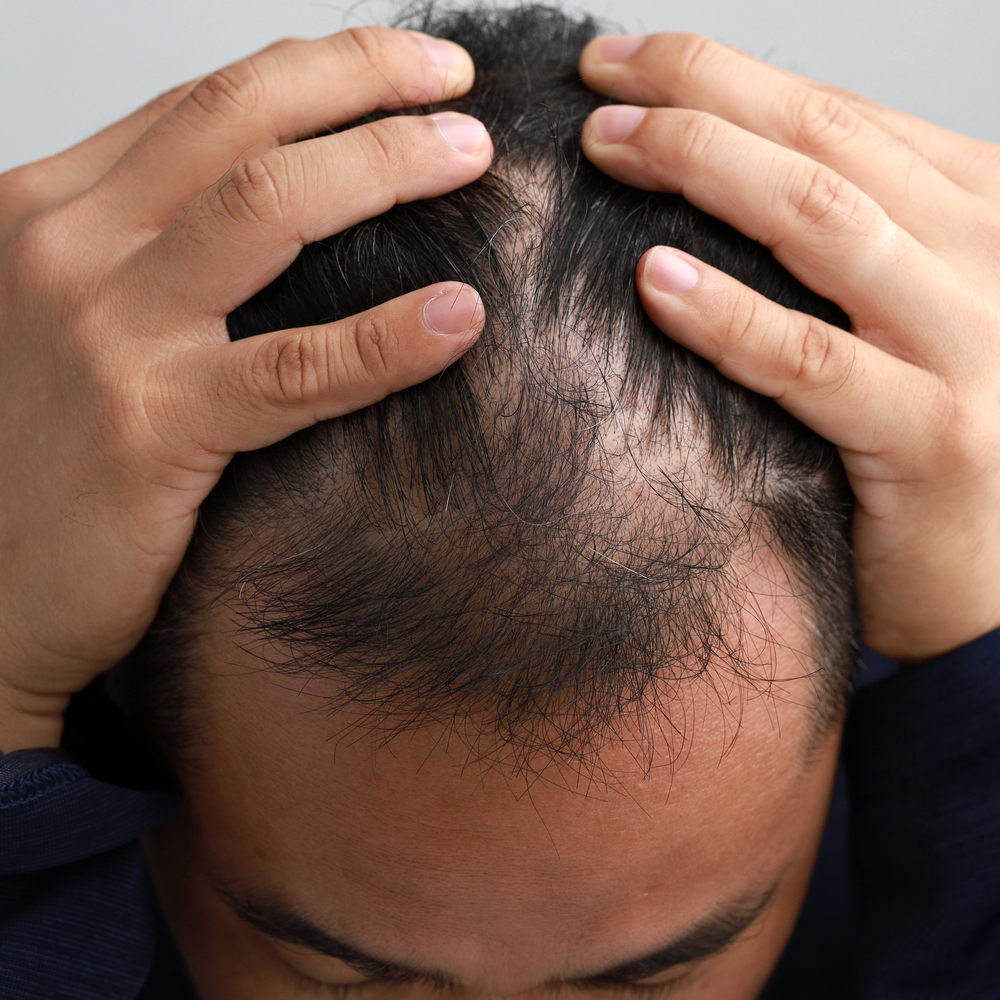Buzz Haven: Your Daily Dose of News
Stay informed and entertained with the latest buzz in news, trends, and insights.
Shedding Light on Hair Loss Myths
Uncover the truth behind hair loss myths! Discover facts that could change your perspective and help you combat your concerns today.
Debunking the Top 5 Myths About Hair Loss
Hair loss is a topic surrounded by numerous misconceptions that can lead to unnecessary worry and confusion. One of the most common myths is that hair loss only affects older individuals. In reality, people of all ages can experience hair loss due to various factors such as genetics, hormonal changes, or medical conditions. It's essential to understand that hair loss is not merely a sign of aging but can be influenced by numerous elements, including stress and nutrition.
Another prevalent myth is that brushing or washing your hair too much contributes to hair loss. In fact, regular washing and gentle brushing can help maintain a healthy scalp and hair. The key lies in using the right products and techniques to minimize damage. Many people believe that wearing hats can also cause hair loss; however, this is unfounded. Hats can create friction, but they do not inhibit hair growth or lead to baldness. Debunking these myths is crucial for fostering a better understanding of hair loss and its causes.

Is Stress Really to Blame for Hair Loss? Unpacking the Myth
Many people have heard the claim that stress can lead to hair loss, but the reality is more complex than a simple cause-and-effect relationship. While it's true that high levels of stress can trigger certain types of hair loss, such as Telogen Effluvium, this condition is often temporary and related to significant life changes or traumatic events. It’s essential to understand that hair loss can stem from a range of factors, including genetics, hormonal changes, and nutritional deficiencies. Thus, while stress may play a role, it is not the sole culprit behind hair loss.
Furthermore, placing all the blame on stress can be misleading and may provide a false sense of control over the problem. Many individuals who experience hair loss might feel helpless and attribute it solely to their mental state. However, addressing underlying health issues, maintaining a balanced diet, and seeking professional medical advice are critical steps in managing hair health. Education and awareness are key in unpacking this myth and understanding that hair loss is often multifaceted, requiring a comprehensive approach for effective treatment.
Can Diet and Nutrition Impact Hair Growth?
Diet and nutrition play a crucial role in overall health, including hair growth. Essential nutrients such as proteins, vitamins, and minerals are fundamental for the production of hair. For instance, biotin, a B-vitamin, is known to strengthen hair and can be found in foods like eggs, nuts, and leafy greens. Iron and zinc are also vital; they help maintain hair follicles and promote a healthy scalp. Ensuring that your diet includes a variety of these nutrients can significantly enhance the strength and growth rate of your hair.
Moreover, inadequate nutrition can lead to hair shedding and thinning. A deficiency in omega-3 fatty acids, often found in fish and flaxseeds, can lead to dry and brittle hair. Additionally, a well-balanced diet rich in antioxidants can bolster hair health by combating oxidative stress that may damage hair follicles. To promote optimal hair growth, it's essential to embrace a diet that not only targets hair-specific nutrients but also supports overall health and wellness.